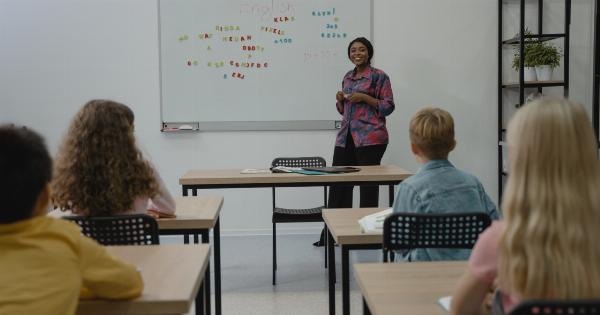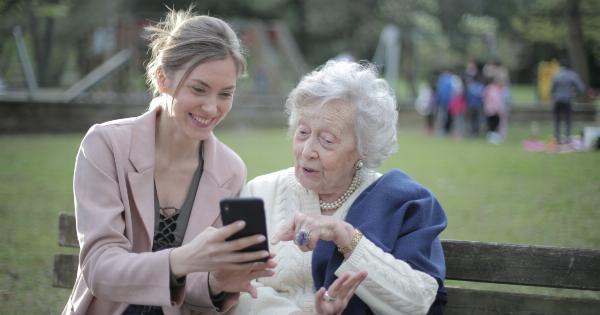Dyslexia is a common learning disability that affects the reading and writing skills of an individual. It is a neurological condition that is characterized by difficulty in recognizing and decoding words.
One of the most challenging areas for people with dyslexia is spelling.
What is Dyslexia?
Dyslexia is a complex neurobiological disorder that affects the reading and writing skills of an individual. People with dyslexia have difficulty in processing and recognizing words that can make reading difficult.
Dyslexia is not due to lack of intelligence or motivation, but rather a difference in how the brain processes information. It is estimated that 5-10% of the population has dyslexia.
The Challenge of Spelling for People with Dyslexia
Spelling is a challenging task for people with dyslexia. They have difficulty in breaking down words into their individual sounds and recognizing patterns in spelling.
Also, sound-symbol correspondence in the English language is complex, which makes it difficult for people with dyslexia to understand the relationship between sounds and letters.
Furthermore, people with dyslexia may find it difficult to remember spellings due to working memory limitations. Working memory is the ability to hold information in memory and manipulate it.
People with dyslexia may have difficulty in holding words in their working memory, making it challenging to remember spellings.
Techniques for Improving Spelling in Dyslexia
There are many useful techniques that people with dyslexia can use to improve their spelling. These include:.
Multisensory Techniques
Multisensory techniques involve using multiple senses to learn spelling. For example, using a combination of sight, sound, touch, and movement to learn spelling can improve retention.
Multisensory techniques can include writing words in sand or shaving cream, tracing words in the air, or using colored tiles to represent sounds.
Phonemic Awareness and Phonics
Phonemic awareness is the ability to break down words into individual sounds. People with dyslexia may have difficulty in understanding the relationship between sounds and letters.
Phonics is a technique that involves relating sounds to letters and can be helpful in improving spelling. Phonemic awareness and phonics can be taught through games and activities such as word sorts, rhyming games, and word hunts.
Word Prediction and Spellcheck
Word prediction is a technology that suggests words as the user types. Spellcheck is a technology that checks for spelling errors in a document. These technologies can be helpful for people with dyslexia who may have difficulty remembering spellings.
The Importance of Accommodations for People with Dyslexia
Accommodations are changes made to an environment or task to help an individual with a disability complete the task successfully. For people with dyslexia, accommodations can be crucial for academic success.
Examples of accommodations for spelling in dyslexia can include:.
Extended Time for Tests
People with dyslexia may require more time to complete written tasks such as tests. Extended time accommodations can help people with dyslexia to complete their work at a pace that is comfortable for them.
Spellcheck and Grammar Assistance
Spellcheck and grammar assistance tools can help people with dyslexia to catch errors and improve their spelling and grammar.
Assistive Technology
Assistive technology such as text-to-speech software and audio books can help people with dyslexia to process information more efficiently.
Conclusion
Dyslexia can have a significant impact on the spelling skills of an individual. However, there are many techniques and accommodations that can help people with dyslexia to improve their spelling.
Accommodations can be crucial for academic success and should be provided to individuals with dyslexia as needed.





























